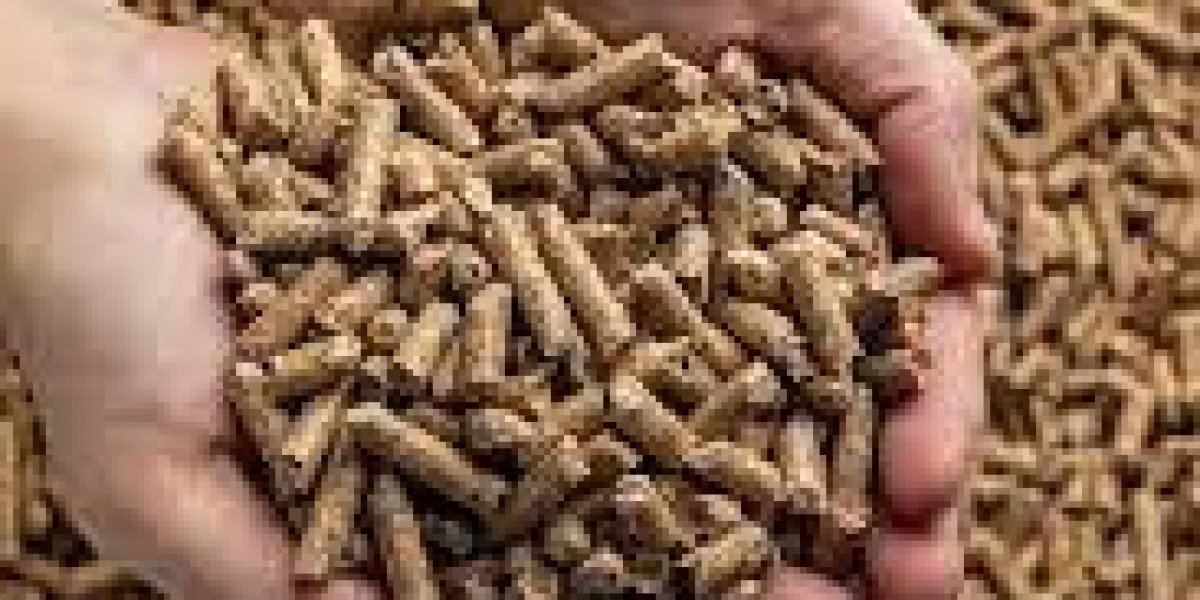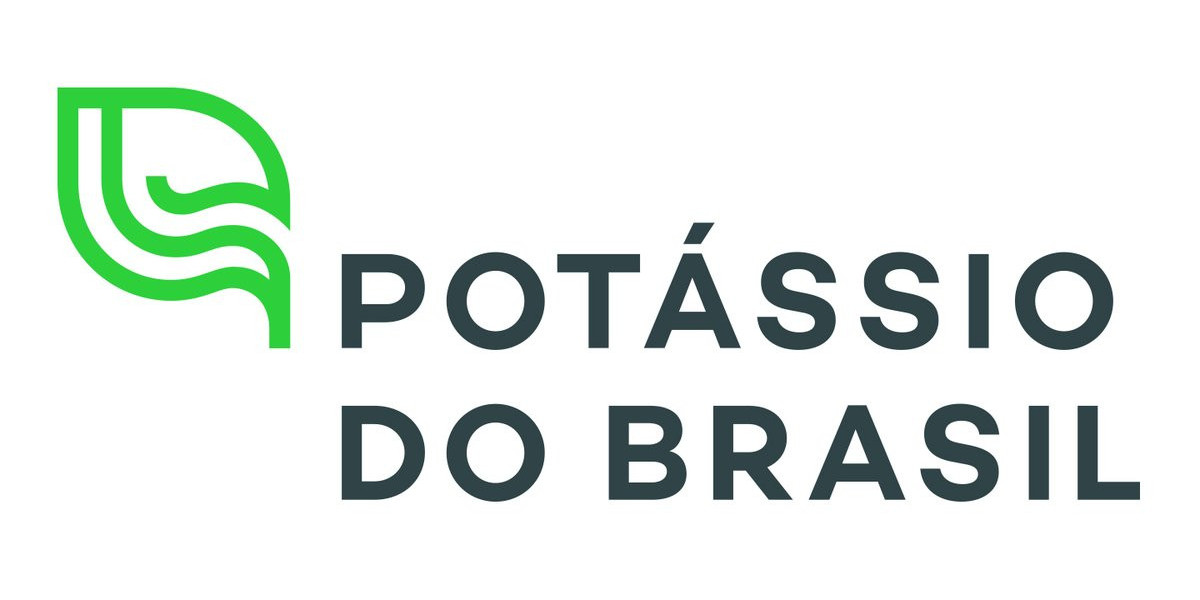The animal probiotics market is gaining momentum globally, particularly in the dairy sector, where the demand for probiotics in cattle feed is on the rise. Probiotics—live microorganisms that benefit gut health—are transforming how farmers manage milk yield, quality, and animal wellness. As the dairy industry faces pressure to enhance productivity sustainably while reducing antibiotic dependence, probiotics have emerged as an essential tool in modern cattle nutrition.
Growing Demand For Efficient Dairy Production
Global milk demand continues to surge due to rising population, urbanization, and changing dietary habits. To meet this demand, dairy producers are seeking ways to enhance milk output without compromising animal welfare or product quality. Traditional solutions like antibiotics and chemical feed additives are increasingly restricted due to safety and regulatory concerns. In this context, probiotics are being embraced as natural, effective, and sustainable alternatives that improve digestive efficiency and nutrient absorption in cattle.
Mechanism Of Action In Cattle
Probiotics work by balancing the microbial ecosystem in the rumen and intestines. In cattle, the rumen plays a vital role in breaking down complex feed materials such as cellulose. When the microbial balance is disrupted by stress, diet changes, or antibiotic use, digestion efficiency drops, affecting milk yield and quality. Probiotics help restore microbial equilibrium by introducing beneficial bacteria such as Lactobacillus, Bifidobacterium, and Enterococcus. These microorganisms stabilize rumen pH, enhance fiber digestion, and improve volatile fatty acid production—key factors influencing milk synthesis and composition.
Enhanced Milk Yield Through Improved Digestion
One of the primary reasons for the growing adoption of probiotics in dairy cattle is their proven ability to increase milk yield. By promoting better digestion and nutrient utilization, probiotics enable cows to convert feed more efficiently into energy and milk. Studies have shown that probiotic supplementation can increase dry matter intake and improve milk volume without additional feed costs. Farmers report higher consistency in milk production, particularly during periods of stress, lactation, and dietary transitions.
Improved Milk Quality And Composition
Probiotics not only increase milk quantity but also enhance its nutritional profile. Cows fed probiotic-enriched diets produce milk with higher fat, protein, and lactose levels, improving overall quality and market value. Additionally, probiotics help reduce somatic cell counts, which are indicators of mastitis—a common udder infection that lowers milk quality. Healthier cows with stronger immune systems produce cleaner, more stable milk with better shelf life and processing characteristics. This improvement in milk quality benefits both producers and consumers seeking safe, nutrient-rich dairy products.
Role In Reducing Antibiotic Dependence
The dairy industry is under growing scrutiny regarding antibiotic use due to concerns over antimicrobial resistance and food safety. Probiotics offer a natural and effective way to maintain cattle health without relying on antibiotics. They enhance the immune system, suppress pathogenic bacteria, and reduce the frequency of infections. By improving gut integrity and overall resilience, probiotics minimize the need for therapeutic interventions, contributing to antibiotic-free milk production. This shift aligns with global sustainability and animal welfare standards increasingly demanded by regulators and consumers.
Impact On Feed Efficiency And Cost Reduction
Feed represents up to 70% of total dairy production costs, making efficiency critical for profitability. Probiotics optimize feed conversion ratios by improving digestion of fiber and nutrients. Cattle consuming probiotic-supplemented diets extract more energy and protein from the same amount of feed, leading to better performance and reduced feed wastage. Over time, this improved efficiency translates into higher profit margins and more sustainable production practices. The cost savings and productivity gains are key reasons behind widespread adoption among dairy farmers worldwide.
Supporting Calf Health And Early Growth
Probiotics also play a crucial role in calf rearing, ensuring healthy gut development and better immune responses in young animals. Newborn calves have underdeveloped digestive systems and are highly susceptible to diseases like diarrhea. Supplementing probiotics early in life helps establish a stable gut microbiota, enhances nutrient absorption, and reduces mortality rates. Healthy calves grow into high-performing dairy cows, ensuring long-term productivity for farmers and strengthening herd resilience.
Regional Adoption Trends
The adoption of probiotics in dairy farming varies regionally, driven by production intensity and regulatory frameworks. In Europe, strict restrictions on antibiotic growth promoters have accelerated probiotic usage. Countries like Germany, France, and the Netherlands are leading in incorporating microbial feed solutions. In North America, probiotic usage is growing in response to rising consumer preference for clean-label dairy products. Meanwhile, India, China, and other Asia-Pacific nations are witnessing rapid market expansion as dairy sectors modernize and prioritize feed quality.
Innovation In Probiotic Formulation
The industry is witnessing technological advancements that make probiotic application more effective and convenient. Encapsulation techniques now protect probiotic strains from heat and moisture during feed processing. Species-specific formulations tailored for dairy cattle ensure optimal survival through the rumen environment. Companies are also developing multi-strain blends combining lactic acid bacteria, yeasts, and Bacillus species for synergistic benefits. These innovations make probiotics more stable, targeted, and performance-oriented for modern dairy systems.
Sustainability And Environmental Impact
Sustainability has become central to dairy operations, and probiotics contribute significantly to achieving this goal. By improving nutrient absorption, probiotics reduce nitrogen and phosphorus excretion, minimizing water and soil pollution. Healthier cows with improved digestion also emit fewer methane gases, reducing the carbon footprint of milk production. This aligns with global initiatives promoting sustainable livestock farming and eco-friendly food systems.
Future Outlook
The future of the animal probiotics market in dairy farming looks promising, driven by continued research, innovation, and awareness. As farmers seek to balance productivity with environmental and ethical considerations, probiotics will remain essential tools in achieving this equilibrium. The integration of microbiome analysis and precision feeding technologies is expected to refine probiotic applications further. With the dual goals of improving milk yield and ensuring animal well-being, probiotics are poised to redefine the dairy industry’s approach to nutrition and sustainability.








